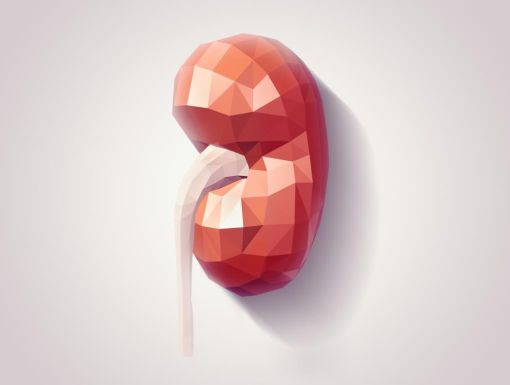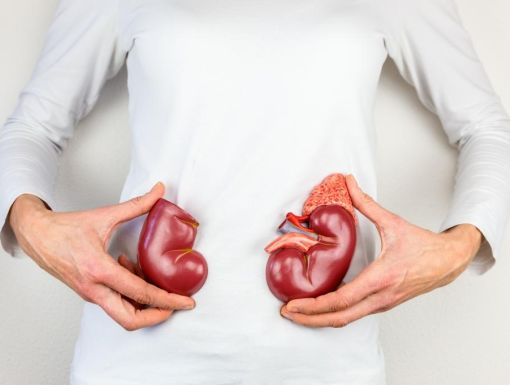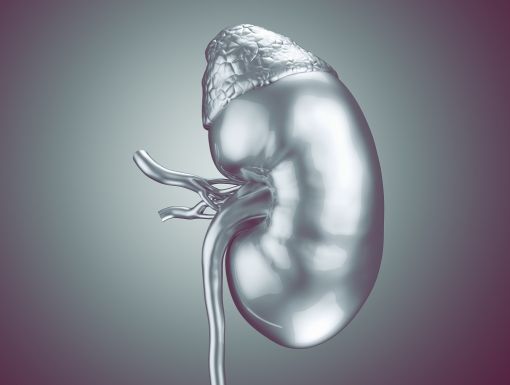
Foods You Should Eat (and Ones to Avoid) to Improve Your Kidney Health
Our diet has a tangible effect on our body’s ability to perform both essential and everyday tasks. It is also closely linked to how our kidneys perform. If your kidneys are not functioning properly, you need to pay very close attention to the foods and drinks you consume.
In recent years, doctors and scientists have studied the effects of diet on chronic kidney disease (CKD). This research has collected a lot of data about the impact that diet has on the most common conditions that lead to chronic kidney disease, such as diabetes and hypertension, or high blood pressure. Below I will walk you through the foods that are good for patients with chronic kidney disease and what foods to avoid. By practicing mindful eating and drinking, you can help your kidneys improve or better retain their ability to function.
What foods are good for chronic kidney disease?
Diabetes and high blood pressure account for at least two-thirds of the kidney disease diagnoses in the United States. There is ample evidence that a plant-based or whole food has a beneficial effect on chronic kidney disease and your overall health. These diets are based on incorporating vegetables, unprocessed whole grains, moderate seafood and healthy fats such as seeds, nuts and olive oil in moderation.
The Mediterranean diet is another style of eating that has been shown to benefit patients with kidney problems. This way of eating is based on the traditional cuisine of countries bordering the Mediterranean Sea. The Mediterranean diet incorporates vegetables, fruits, whole grains, beans, nuts, seeds and olive oil, and is a great way to replace the saturated fats that many Americans consume.
What foods should you avoid if you have kidney problems?
If you have chronic kidney disease, you will need to be mindful of your salt consumption. By preparing fresh home-cooked meals, you can control the amount of sodium in your diet. Also, avoiding takeout and restaurant dishes will help you stay within the daily boundaries. Make sure you check the labels on food to be on the lookout for hidden sodium.
Electrolytes, phosphorus, and potassium tend to be a problem for patients with advanced kidney disease. However, if you follow a plant-based diet, you will not consume as much potassium or phosphorus if you follow a standard American diet.
What drinks are recommended for chronic kidney patients?
Drink as much water as it takes to meet your metabolic needs. Your urine color will help you to determine if you’re getting enough fluids. Dark urine usually indicates that you need to drink more water.
Try to stay away from chemicals and artificial sweeteners. Alkaline water has been touted as having health benefits, however, a plant-based diet has much less of an acid load than a diet that contains animal proteins.
Can you reverse chronic kidney disease through diet changes?
It is possible to improve kidney function through changes in diet, especially when combined with weight loss and increased activity However, hypertension, diabetes, and cardiac disease can be favorably affected by adopting a plant-based diet or Mediterranean-style diet, like the ones discussed above. Weight loss is another important essential health habit for keeping your kidneys healthy and happy.
As the regional expert in the diagnosis and treatment of kidney disease, Ochsner offers a full range of nephrology services. Learn more here.



